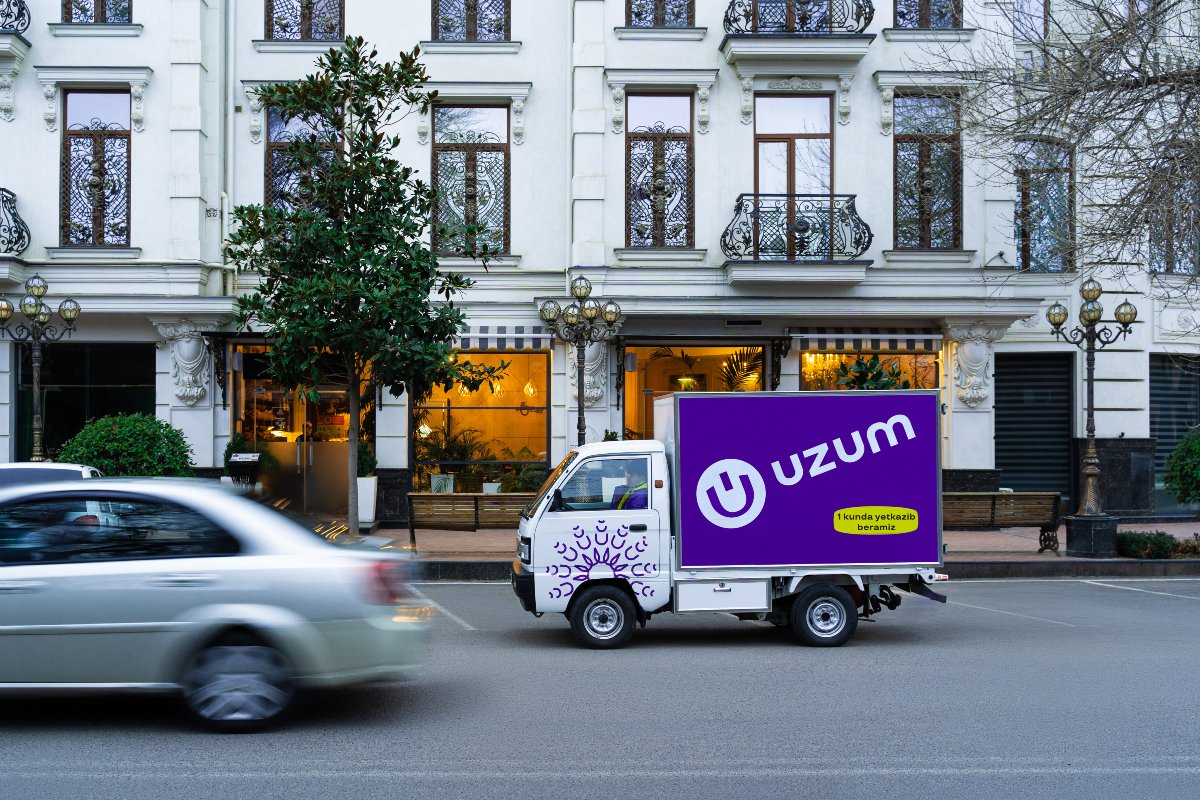Uzum, a groundbreaking e-commerce startup that offers online shopping, fintech, and food deliveries to millions of customers in Uzbekistan, recently made headlines by raising an impressive $114 million in funding. With this funding, Uzum has become the first unicorn in the country, boasting a staggering valuation of $1.16 billion.
According to experts, Uzbekistan is a fertile ground for startups due to its young population, with more than 60% of its population being under the age of 30. Additionally, the country boasts an impressive literacy rate of nearly 100% (as reported by its government), along with over 76% internet penetration and a smartphone penetration rate of over 75%. In 2020, Uzbekistan was home to almost 1,200 startups, with 85% of them being at the seed stage. Interestingly, fintech startups dominated the market with a 30% share, closely followed by e-commerce startups at 27%, according to estimates by the Asian Development Bank (PDF).
Despite these impressive statistics, the country still has a concerning lack of e-commerce services. This fact is evident from the fact that the e-commerce sector accounts for only 2.2% of Uzbekistan’s total retail market, as reported by KPMG (PDF). Uzum’s co-founder and CEO, Djasur Djumaev, explains that Uzbeks previously turned to social media apps such as Instagram, TikTok, and Telegram for their online shopping needs. These platforms only offered limited stock-keeping units (SKUs) and had no logistics in place.
“It was a surprise for us to see that despite high smartphone penetration and a robust telecom infrastructure, there was a lack of proper e-commerce and fintech services,” Djumaev told TechCrunch.
Seeing this gap in the market, Djumaev envisioned a company that could do in Uzbekistan what Amazon has accomplished in many other countries – provide a comprehensive marketplace with end-to-end logistics and delivery services. And so, Uzum was born. The startup initially focused on setting up its logistics infrastructure, including a fleet of vehicles and convenient pickup points to ensure next-day deliveries. In October 2022, Uzum officially launched its marketplace, which now boasts over 8 million monthly active users and 9,000 merchants selling a variety of 600,000+ SKUs. In comparison, the largest street market in the country only offers around 70,000 SKUs on any given day, notes Uzum’s chief strategy and business development officer, Nikolai Seleznev.
In its first full year of operations, Uzum recorded a gross merchandise value (GMV) of $150 million and expects to reach $300 million in run-rate GMV this year. Buoyed by the success of its marketplace, Uzum also ventured into fintech by launching a buy-now-pay-later (BNPL) product. Djumaev shares that almost half of Uzum’s e-commerce transactions are now done through this convenient solution.
But Uzum’s ambitions do not stop there. The startup has also made a foray into the food delivery business and even set up a digital bank to further bolster its growth. Seleznev explains that by attracting customers through the e-commerce arm, Uzum can then retain them through its high-transaction businesses like daily banking, which is 100% digital. Customers can also avail of Uzum’s lending or credit products, which are also 100% Sharia-compliant – a factor that appeals to at least 85% of the population in Uzbekistan.
The recent Series A funding round, which consisted of $52 million in equity and $62 million in debt, was led by FinSight Ventures. Other participants included Xanara Investment Management and Uzum’s senior management. Interestingly, Uzum only diluted less than 5% to investors in this round, which marks the startup’s first external funding. Looking ahead, Uzum plans to raise around $200 million in its upcoming Series B round from investors in the Middle East, the U.K., and the U.S.
So, how does Uzum plan to utilize this fresh funding? According to Djumaev, two-thirds of it will go towards growing its fintech business, while the remaining third will support its e-commerce arm. With plans to launch new products for unsecured lending and investing in IT and logistics infrastructure, Uzum aims to enhance its marketplace and expand its offerings. Seleznev adds that Uzum aims to grow its GMV by 150% to 200%, double its credit portfolio, and increase the total payment volume of its ecosystem significantly.
By the end of this year, Uzum plans to merge all its operations into two super apps – one for consumer-focused products and another for business-focused offerings. Furthermore, it plans to launch the country’s largest e-commerce logistics complex in June, spanning over 112,000 square meters initially, and expanding to 500,000 square meters in the coming years.
Djumaev reveals that a few global companies operate in a similar way to Uzum, citing Nubank in Latin America and Kaspi.kz in Kazakhstan. However, he believes that Uzum has no competition within Uzbekistan, thanks to its diverse margins across products. By combining its e-commerce and fintech services, Uzum can also achieve higher margins than its competitors.
“We have witnessed the success of Kaspi.kz in creating a super app in neighboring Kazakhstan, and we are confident that Uzum – with its talented team, abundant resources, and innovative products – will replicate this success and become a national tech leader in Uzbekistan,” shares Alexey Garyunov, managing partner of FinSight Ventures, in a statement.









[…] a new take on the personal care industry that will change the way you think about traditional products. Think beyond the […]